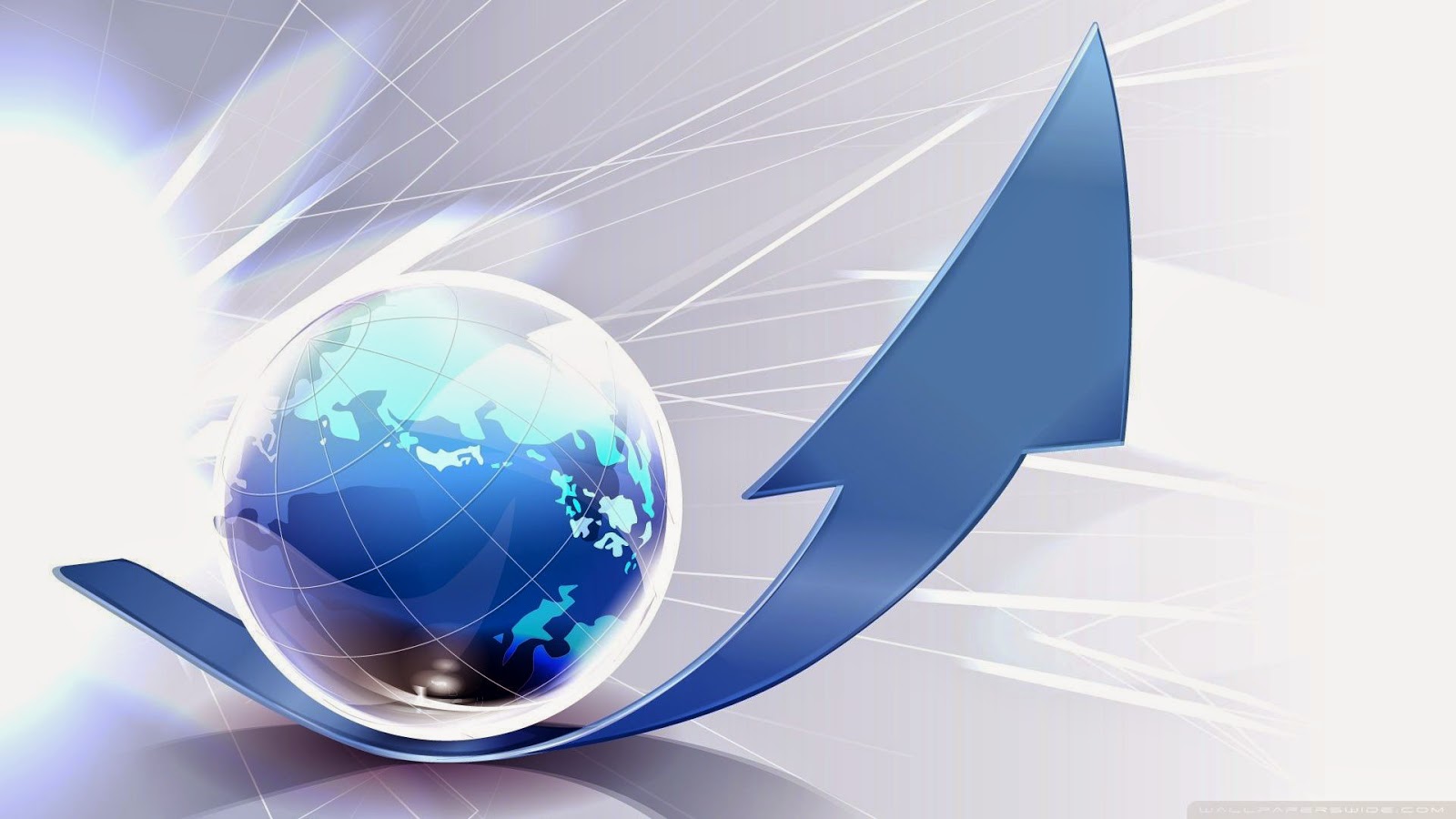Civil liberties are freedoms that the government puts in
place and they include laws which are to be enforces to be able to ensure
safety while using the internet. Our lives are surrounding by IT and we need
these freedoms to allow us to have the right to life and understand between
positive and negative rights.
Data
Data is stored by companies about customers and workers and
the information gathering is kept private, however it can be sold on. The two
types of data include data subjects and data users. The data is gathered by
many companies, even when you are unaware. Data subjects are everyone because
we are the people who are having data held about us. Data users are the people
who hold the data. A data controller is only used for the people who are
holding the data and it is a person who ensures the data protection act is
enforced.
The data protection act started in 1998 and they had set out
to protect the privacy of personal information. It only covers personal
information of individuals and it covers data stored on computer and on paper
through a filing system. It lets a person check all the data that is being held
about them and it is currently run by the information commissioner’s office.
The Information Commissioner’s Office is an independent public authority set up
to uphold information rights. They believe that they do it by promoting good
practice, ruling on complaints, providing information to individuals and
organisations and taking appropriate action when the law is broken.
Many people will feel insecure sharing their information
with people they do not know, especially when they are unaware of it as they
might think it could be a hacker trying to receive information. It is legal for
companies to sell your information onto other companies; however the companies
have to ensure the person is notified and say: what data they want to store,
what they want to use it for, how long they will keep it and who they might
pass it onto. They also have to agree to follow the 8 Data Protection Principles.
Exemptions of the Data Protection Act
There are a few cases when the Data Protection Act does not
apply. Some of the exemptions of the act include: national security, police
investigations and examination results. If the national security is involved
within your data then you are not allowed to ask for that data which is being
stored. If your information is being used in police investigations then your
data is not covered. Finally in examination results, results are not allowed to
be seen before publications of the exam board.
CCTV
We are living in what some people call the surveillance
society where there are many security cameras all around us. Offices have CCTV
cameras and also schools to protect the machinery and equipment. It is said
that in the UK for every 32 people there is one CCTV camera. CCTV cameras do
not come under the Data Protection Act and you can argue that it is an invasion
of privacy because it is as if someone is constantly watching your every move
and they can also be used for the wrong reasons as they are used in many places;
however some people believe they are to ensure we are kept safe.
Other Aspects
There’s a danger of our own civil
liberties becoming damaged, you would want criminals to be caught, but by
making their data accessible means that the innocent’s data is also accessible.
This essentially means you only have privacy up to a point as they know data
about you that could potentially be unnecessary. There are some things that you
should never share, for example, keeping your date of birthday secret is very
important. There have been cases on the Google search facility about people
asking to be taken off Google because they have found defamatory information
about them.
Scopes of Civil Liberties
The scopes of civil liberties include that in the Data
Protection Act the company informs you about any great amounts of data they
want to keep. They also inform you about who they may pass the information onto
which helps the person feel more secure about who will receive their data.
Finally the data is only kept for a long as they need it which is some cases
could be a short amount of time.
Limitations of Civil Liberties
The limitations of civil liberties include having a large
amount of invasion of privacy due to CCTV cameras and from some of your data
being kept without your knowledge. Also there is a possibility that fraud could
happen as someone could receive the information about you and use it against
you. Finally it may make the person feel uncomfortable with sharing their data
with someone they do not know.
My Personal Opinion
I think that companies should not be allowed to share the
information because although the person may agree for them to share their
information, they are not aware of who will receive the information and they may
be led to a false agreement. I also believe CCTV cameras in some cases are
unnecessary because they can be used for the wrong reasons, for example, in a
local swimming pool there has been controversy about CCTV cameras in the
changing rooms as it is invading your privacy in a more extreme way. However I do
think that CCTV cameras are used for our safety and to prevent criminals when
on the streets and in very crowded or even deserted places.


















